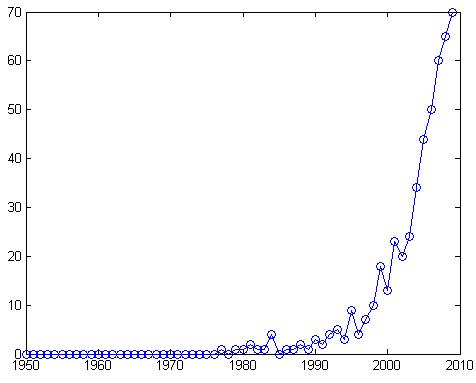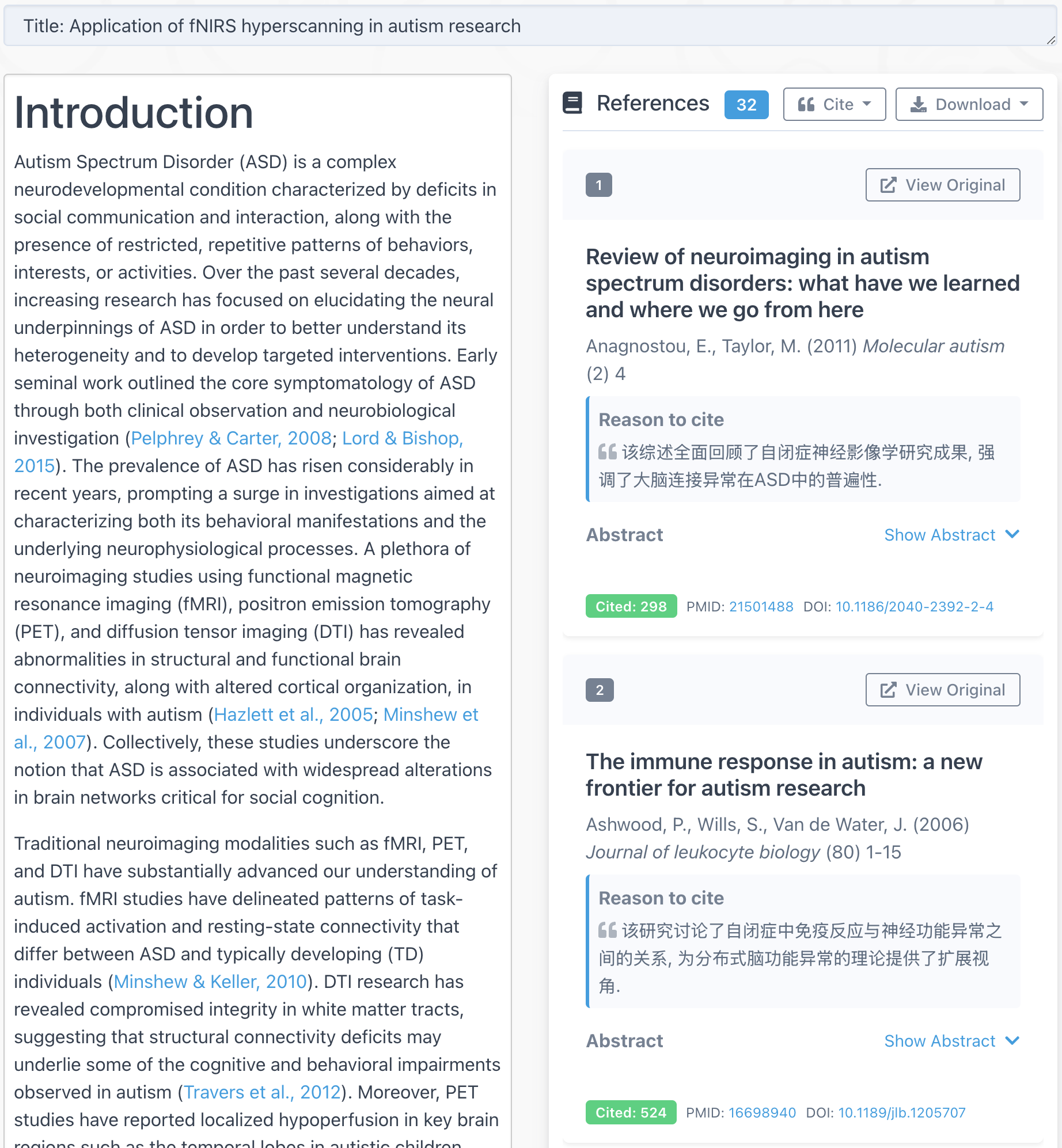Go-Nogo game
This game is fairly simple, but it’s very hard to get all correct. A subject sits in front of a computer. In the “go” block, a series of letters will appear one after another in the center of the screen. The subject has to press a button following each letter. The “nogo” block is almost identical to the “go” block except that letter “X” will randomly appear. The subject is instructed not to press any button when he sees “X”. Go and Nogo block usually happens alternately, and each block lasts ~20s.
This game is usually used to elicit human brain’s “executive control” or “response inhibition” network activity. Controlling and inhibiting actions are important cognitive abilities that allow us to function successfully in a changing and complex environment [1]. For example, when you see a red light you need to stop. While most people are capable of proper response inhibition, some psychiatric disorders impair such ability, including Pediatric bipolar disorder, Fragile X syndrome, Turner syndrome, etc. For this reason, the go-nogo game is very commonly used in the studies of psychiatric disorders and their brain correlation. In the past 10 years, the number of publications (indexed in PubMed) mentioning go-nogo experiment is rapidly increasing (figure below).

[1] http://www.peaya.com/paper/showPaper.php?id=266966&displayKey=nRKbfychKj&ref=cuixu&needlogin=1



For those who do not want to login to Peaya:
http://www.peaya.com/paper/showPaper.php?id=266966&displayKey=nRKbfychKj&ref=cuixu&needlogin=0
or
http://dx.doi.org/10.1016/j.neuropsychologia.2011.01.001
崔教授,我是中国的一名本科生,以后想跟导师做NIRS。无意中进入了您的博客,看了还是挺受益的,不知道您以后能否把介绍的成果的论文题目附在日志里,这样对我们的帮助更大,谢谢~
@王乾东
好的。